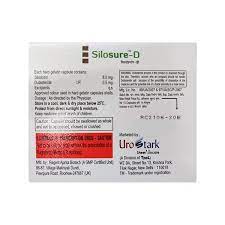bchol
Introduction to bchol
Bchol, also known as Bethanechol, is a medication primarily used to address certain bladder and digestive issues. It is particularly helpful for individuals experiencing difficulty urinating or digestive problems due to nerve damage or after surgical procedures.
Composition of bchol
Bchol contains the active ingredient Bethanechol, which works by stimulating specific receptors in the body to enhance bladder and digestive functions.
Uses of bchol
- Treats difficulty urinating after surgery or childbirth
- Helps with bladder issues due to nerve damage
- Aids in improving digestion
Side effects of bchol
Common side effects:
- Stomach cramps or discomfort
- Nausea
- Diarrhea
- Frequent urination
- Headaches
Serious side effects:
- Low blood pressure with a fast heartbeat
Precautions of bchol
Bchol should not be used by individuals with certain medical conditions such as overactive thyroid, stomach ulcers, asthma, slow heart rate, low blood pressure, heart disease, epilepsy, Parkinson's disease, or specific stomach or bladder issues. It is crucial to consult your doctor before starting this medication to ensure it is safe for you.
How to Take bchol
- Usually taken by mouth
- Can also be administered as an injection
- Effects typically start within 30 minutes
- Effects last for about an hour
Conclusion of bchol
Bchol is a valuable medication for those dealing with specific bladder and digestive issues. While it can be highly effective, it is essential to use it under medical supervision, especially if you have pre-existing health conditions. Always follow your healthcare provider's instructions to ensure safe and effective use.

Similar Medicines
More medicines by Urostark
Available in 3 variations

strip of 10 tablets

strip of 10 tablets

Bchol 50mg tablets
strip of 10 tablet















.svg)
